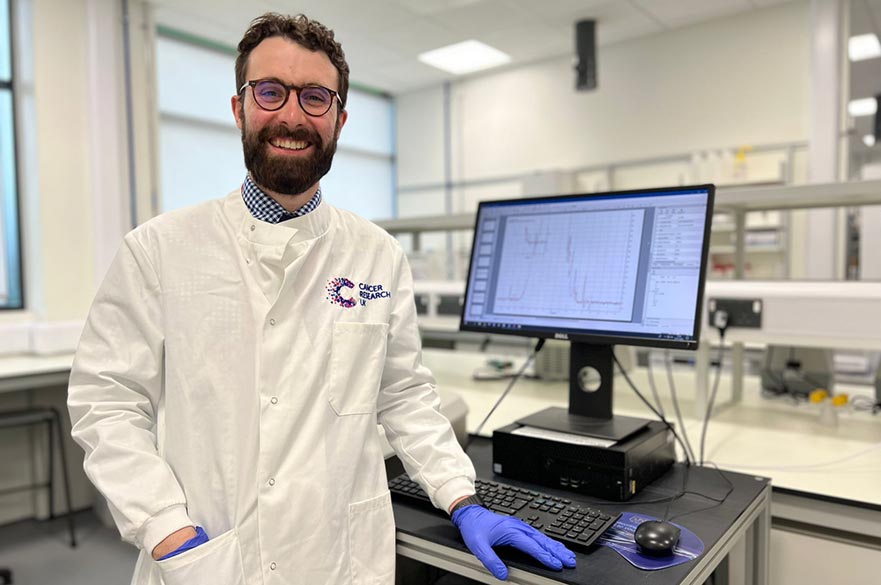Role
Professor Philippe Wilson works in the School of Animal, Rural and Environmental Sciences (ARES).
Career overview
Farming cattle, sheep and poultry from an early age in Somerset, Philippe quickly developed an interest in native livestock. He obtained a Masters in Chemistry with First Class Honours from the University of Bath in 2014, and went on to carry out a PhD in Bath under the supervision of Professor Ian H. Williams, completing this in 2016. He is a Fellow of the Higher Education Academy and completed a Postgraduate Certificate in Learning and Teaching in Higher Education in 2018.
Philippe is now a Professor of One Health at NTU, as well as being appointed as Chief Scientific Officer at Willows Health under NHS Leicestershire. He has already received numerous international awards in recognition of his multidisciplinary approaches to analytical science: he was named by the prestigious Forbes Magazine in their 30under30 listing for Science and Healthcare in 2018, awarded the Royal Society of Chemistry Joseph Black Medal for his research and pedagogy in analytical chemistry in 2019, and was named as one of the top 118 young chemists in the world by IUPAC in their 2019 Periodic Table of Younger Chemists, being named as the element Krypton.
The group employs computational and practical techniques in studies of the metabolome, proteome and genome in humans and animals. They support these and other technologies through clinical and regulatory pipelines.
Philippe’s research group was the first to carry out metabolomic analyses on low field, benchtop NMR spectrometers and his works remain the pioneering papers in this nascent field. Furthermore, he has gained funding from Cancer Research UK, the Engineering and Physical Sciences Research Council, The Science and Technologies Facilities Council, and the Royal Society to further develop his unique bimodal approach to low- and ultra-low-field NMR analysis combining optimised protocols with bespoke computational frameworks. He is the author of more than 50 articles, books, book chapters and conference proceedings, including editing the Royal Society of Chemistry's Computational Approaches in Analytical Chemistry and Bioanalysis.
Philippe is appointed to the UK Genetics of Livestock and Equines Committee within the Department for Food, Environment and Rural Affairs in UK Government, and the Committee on the Toxicity of Chemicals in Food, Consumer Products and the Environment at Public Health England and the Food Standards Agency. He is a Fellow of the Royal Society of Biology, Fellow of the Royal Society of Medicine, and a Fellow of the Linnean Society of London. He has delivered invited lectures internationally.
Philippe is also Editor of the Cambridge University Press journal: Research Directions: One Health and Associate Editor of Frontiers in Molecular Biology.
Research areas
Philippe's research looks to use, develop and repurpose medical and biomedical tools and technologies for societal impact.
The group has implemented low-field, benchtop NMR (bNMR) analysis, linked with metabolomics-based computational intelligence algorithms with the potential to impact significantly upon biomedicine and biomedical imaging; allowing for the rapid monitoring and identification of biomolecules and their concentrations in biofluids for a range of diseases and disease states in humans and animals, and the development of robust, machine learning approaches to improve bioanalytical procedures and inform interpretation and diagnosis.
Prof. Wilson has been a Principal and Co-Investigator on a number of clinical trials, including the AstraZeneca TACKLE study in 2021. He is keen to see digital health and medical technology innovations develop and be implemented within primary and community care and works closely with NHS partners across the UK to deliver such initiatives.
